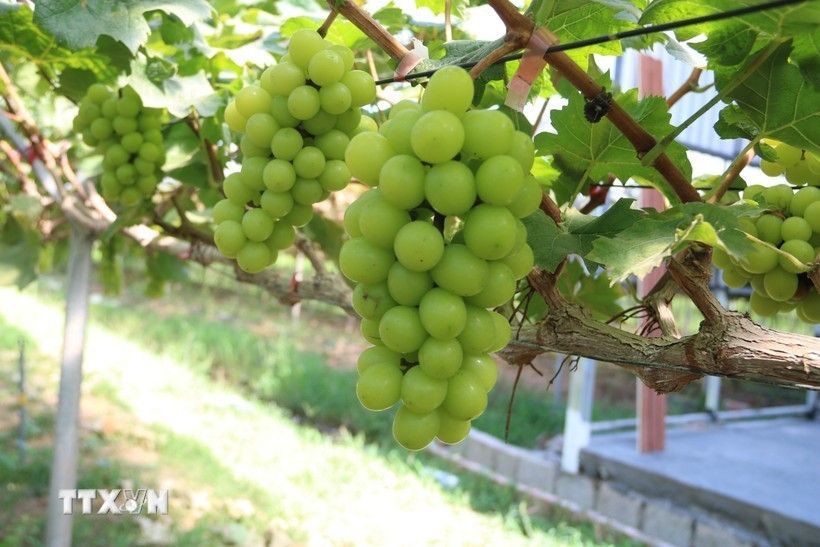Vietnamese agribusinesses need to be empowered for green growth
The Management and Sustainable Development Institute (MSD) held a training workshop in Hanoi on November 6 on “environmental, social, and governance (ESG) – the key to unlocking green markets and finance for Vietnamese agribusinesses”.

The event aimed to enhance the capacity of agricultural enterprises in green transition and access to sustainable finance.
The workshop was part of the “Promoting Green Investment and Credit for Agribusinesses towards Sustainable Development” (AGREEN) project, supported technically and financially by Oxfam and Fair Finance Asia (FFA). The programme seeks to help Vietnamese agribusinesses align with global sustainability standards, expand access to green finance, and strengthen international market integration.
The event gathered representatives from agricultural enterprises, cooperatives, business associations, financial institutions, experts, and development partners.
Nguyen Phuong Linh, MSc., Executive Director of MSD, said ESG is not just a trend but a key driver for Vietnamese agribusinesses to expand global markets, access green capital, and strengthen sustainable branding. Through the AGREEN project, MSD aims to accompany businesses in implementing ESG practices and connecting them with green credit sources, contributing to a more sustainable agricultural growth model.
According to Pham Tuyet Mai, Project Manager for Fair Finance at Oxfam Vietnam, ESG and fair finance practices not only expand access to green funding but also promote an inclusive, responsible, and sustainable economy. Oxfam and Fair Finance Asia aim to foster a green financial ecosystem that enables businesses, banks, and development organisations to collaborate in Vietnam’s green transition.
Dr. Bui Thanh Minh, Deputy Director of the Office of the Private Economic Development Research Board (Board IV), emphasised that ESG should be embedded in corporate culture and structure.
Implementing ESG is essential for businesses of all sizes to remain resilient amid rapid market shifts. Those who commit early to sustainable and responsible practices will gain stronger positions in global value chains.
Speakers agreed that applying ESG in agriculture is a necessity to enhance competitiveness and global integration. Key focus areas include traceability, transparency, and compliance with the EU Deforestation Regulation (EUDR). Experts also introduced green finance tools, preferential credit packages, and support solutions to assist businesses in sustainable transformation.
The workshop also featured advisory sessions on emissions reduction, supply chain traceability, labour welfare, and access to green credit, including loan procedures, assessment criteria, and investment documentation.
According to the organisers, the event provided updated information on ESG policies and trends while fostering connections among enterprises, banks, experts, and development partners. It contributed to raising awareness, capacity, and readiness among Vietnamese agribusinesses for the green transition and sustainable financing.
The ESG training series by MSD will continue in Da Nang, aiming to become a practical platform for sharing and cooperation to accompany Vietnamese enterprises on their journey toward green, fair, and sustainable agriculture.



